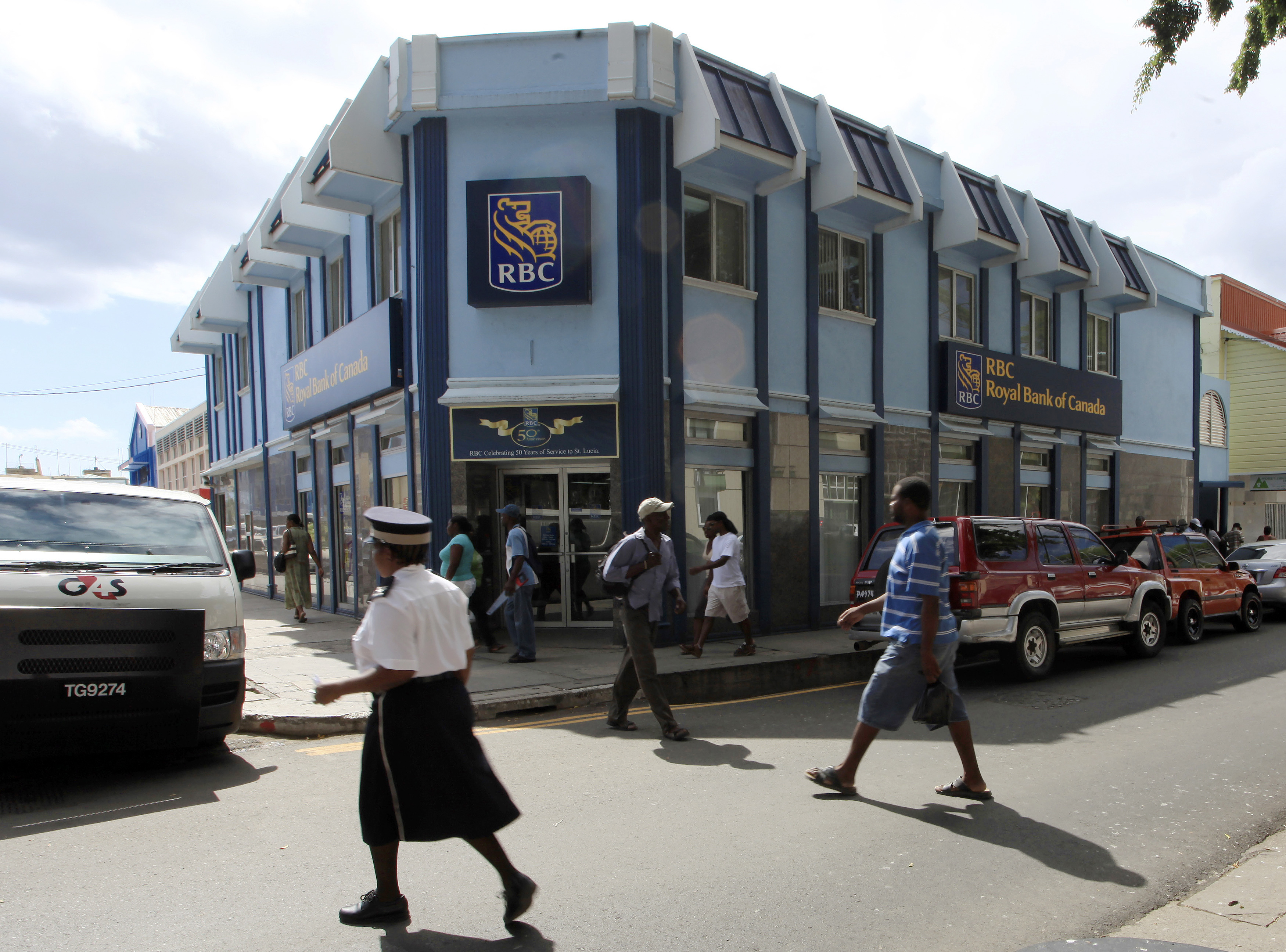Caribbean unions push for deals with banking and telecom giants

Trade unions in the Caribbean are targeting collective bargaining deals in the finance and telecommunications sectors following top-level talks in Antigua.
UNI General Secretary Philip Jennings and Regional Secretary Adriana Rosenzvaig met thirty representatives from sixteen regional unions, including Antigua and Barbuda Workers Union represented by General Secretary Sen. David Massiah.
Topping the bill were ongoing concerns over the actions of Canadian banks in the region, and their failure to recognise union calls for collective bargaining. Caribbean affiliates highlighted Royal Bank of Canada, owner of the Royal Bank of Trinidad and Tobago, which has refused to recognise a legitimate claim for recognition made on behalf of 2,000 workers by the Banking, Insurance and General Workers Union (BIGWU) among other labour issues.
Affiliates raised the unrealistic targets being placed on staff at the bank, and said workers were being forced to push debt and other products onto the public. Performance management is being used to intimidate staff that cannot meet the bank’s ever increasing and unrealistic targets, representatives said. RBC also appears to be limiting its workers rights to join a trade union - a right recognized in law throughout the Caribbean, and through International Labor Organization conventions.
The alarming situation in the telecommunications sector, in which fierce competition is putting workers rights at risk, was also raised. Over 500 Caribbean jobs have been lost at Cable and Wireless/LIME this year after the company moved to outsourcing to fend off competition from rival Digicel.
Digicel is growing rapidly in the Caribbean mobile market but has been implementing strong anti-union policies offering no long term benefits to staff. UNI General Secretary Philip Jennings told the Antigua Daily Observer “Digicel is actually going on a massive marketing community communications plan to build loyalty towards Digicel, but to do it in such a way that other companies cannot compete.
“You have Cable & Wireless, which has a long legacy in the region, where they have built certain infrastructure and there is an agreement with the unions, but we think Digicel is opposed to union organisation. We think that Digicel is not being true to a Caribbean approach and culture of partnership of negotiation.
“We heard the Minister of Labour say it is a constitutional right of Caribbean workers to join a union and I don’t think that Digicel follows that example,” he added.
The Antiguan Minister of National Security and Labour, Senator Dr. L Errol Cort, highlighted the responsibility of regional governments to create and protect jobs despite the pressure of high national debt in many of the struggling island economies.
The Minister urged serious consideration of debt relief or debt forgiveness by international lending agencies, warning that it was absolutely necessary if Caribbean economies were to survive the current crisis. Dr. Cort recognized the important role of Trade Unions in society and in economic recovery.

